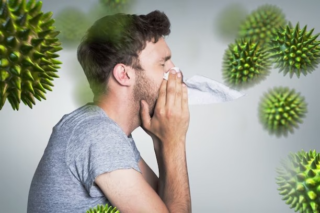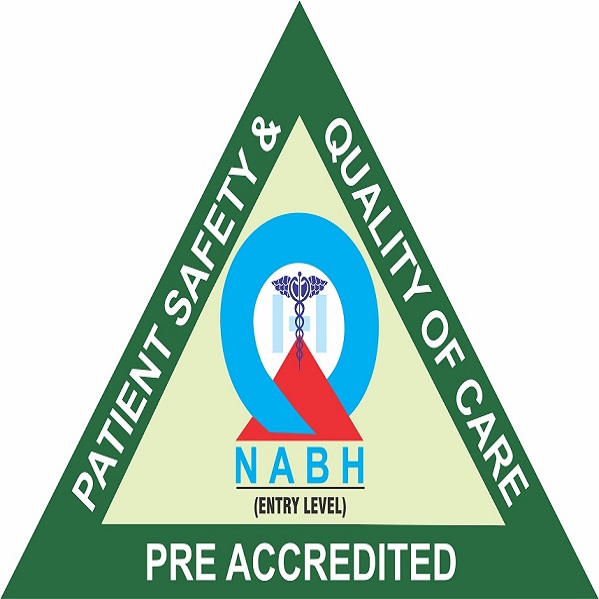Allergic rhinitis is an allergic reaction to tiny particles in the air called allergens. When you breathe in allergens through your nose or mouth, your body reacts by releasing a natural chemical called histamine. Several indoor and outdoor allergens cause hay fever. Common causes include dust mites, mold, pet dander and pollen from trees and plants.

Symptoms of hay fever include sneezing, nasal congestion and irritation of the nose, throat, mouth and eyes.
- Nasal stuffiness (congestion), sneezing and runny nose.
- Itchy nose, throat and eyes.
- Headaches, sinus pain and dark circles under the eyes.
- Increased mucus in the nose and throat.
- Fatigue and malaise (general feeling of discomfort).
- Sore throat from mucus dripping down the throat (postnasal drip).
- Wheezing, coughing and trouble breathing.
Can I prevent hay fever?
There is no way to prevent hay fever, but lifestyle changes can help you live with allergies. You can relieve hay fever symptoms by avoiding irritants as much as possible. To reduce symptoms, you should:
- Avoid touching your face and rubbing your eyes or nose.
- Use filters in your vacuum cleaner and air conditioner to reduce the amount of allergens in the air.
- Close windows in your home and car during the spring, summer and early fall when pollen counts are higher.
- Keep pets off couches and beds, and close doors to bedrooms you don’t want them to enter.
- Enclose pillows, mattresses and box springs in dust mite covers.
How is allergic rhinitis treated?
Several allergy medications can improve symptoms and help you live with hay fever. These treatments come in many forms, including liquids, pills, eye drops, nasal sprays and injections. Talk to your provider before taking any medication, especially if you’re pregnant or have other health concerns.
For a free consultant contact us now or visit our website for more info. : Click Here




